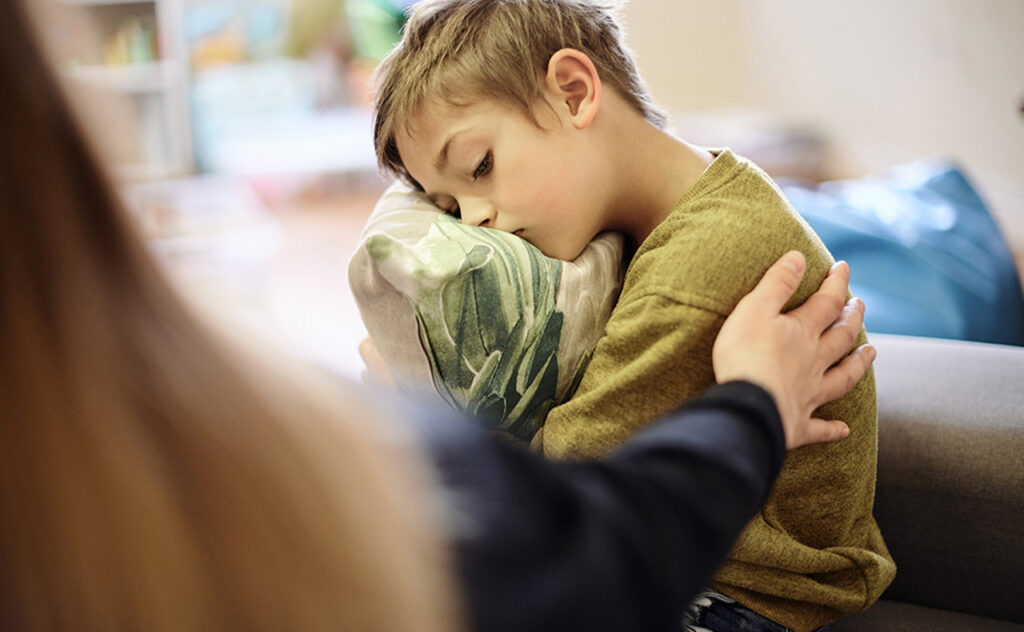Expert advice: What happens when your child says they don’t want to go back to the other parent

Navigating separation, divorce and custody is tricky for everyone, particularly the kids.
By Samira Friis, family lawyer at Australian Family Lawyers
As a general rule, when faced with parenting questions, the absolute first priority is to ensure that the child is safe at all times and will not be exposed to any risk of harm. The risk of harm includes shielding them from exposure to issues stemming from drug and alcohol abuse, family violence (physical and/or psychological), and the other parent’s mental health issues.
The second question then is to consider what is best for the child. It is a guiding principle within the Family Law Act that it is best for a child to have a meaningful relationship with both parents, provided, of course, the child is protected from harm while in the care of each parent.
If a child is reluctant or refuses to spend time with one parent, the other parent must take positive action, including taking all reasonable steps to ensure that the child spends time with the other parent pursuant to the parenting agreement or Court Orders in place between the parties. In other words, parents cannot be merely passive, rather the child must be positively encouraged to spend time with each parent.
This is akin to visiting the dentist. Children often do not wish to go to the dentist, but as it is good for them to see the dentist, the parents will ensure that the children do go to the dentist, even if they say they do not want to go. It is similar when children are reluctant to see the other parent. Where there is no risk of harm; each parent has a positive obligation to actively encourage children tospend time with the other parent.

What to do when your child doesn’t want to go to another parent?
A few tips and issues to consider when facing such an issue are discussed below.
- Communicate
It is important to keep the other parent up-to-date and informed of the steps taken by one parent to comply with the terms of their parenting agreement, and any other updates in relation to the parent’s time with the child.
- Try to Find out Why Your Child Does Not Want to Go to the OtherParent
Each child may have a different reason why they do not wish to spend time with the other parent. It is important to investigate and understand if such reluctance points to a more serious issue, or if it is simply the child’s preference not to go, because, for example, the rules at the other home are stricter.
Some of the common reasons behind such behaviour can be the fact that the other parent lives from away from the child’s circle of friends, activities and otherthings they enjoy. However, there might be other more serious underlying issues that the child has not shared with you, such as abuse or exposure to family violence at the other parent’s house. If such issues are suspected, it would be a good idea to get in contact with the child’s school and find out if any disclosure of such nature has been made by the child.

- Make Change-overs Smooth
Being prepared, including packing everything that your child needs, being on time and organised and avoiding conflict with the other parent or the person collecting the child on their behalf are very helpful in ensuring a smooth change-over. it is important to stay calm and let your child know that you will miss them and you hope they will have a good time with the other parent. Your positive outlook is likely to set the tone for the visit, and help the child have a positive perspective.
- Consider Discussing New Arrangements
If possible, the parents may wish to consider changing their parenting arrangements by discussing the terms of those amongst themselves, and/or with the assistance of other professionals, such as Family Dispute Resolution practitioners, Counsellors or psychologists. If all else fails, the FCFCOA has the power to her cases about children and to make the best Orders in can in the interests of the children.




